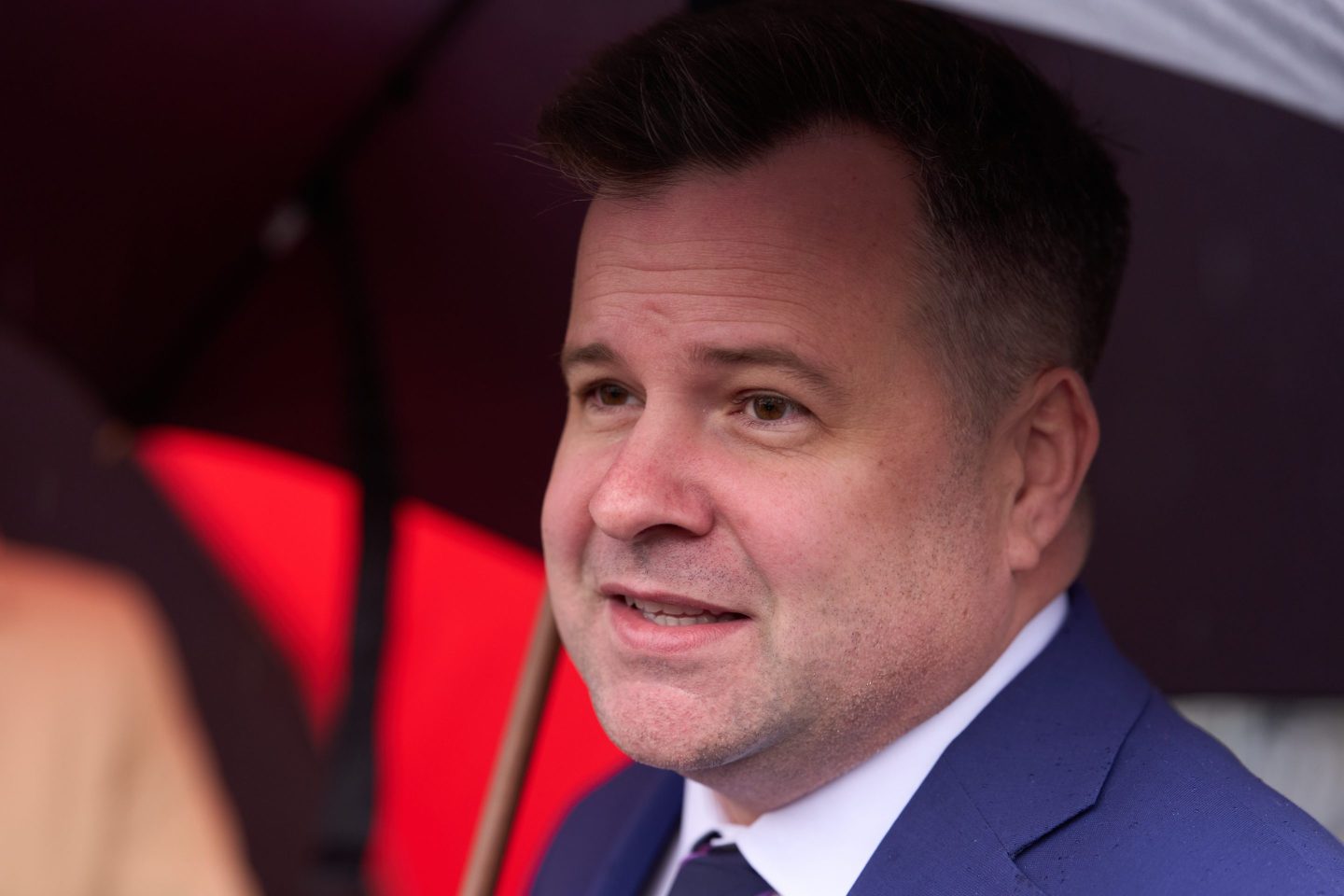The world’s worst financial crisis in decades may be right on our doorstep.
Rising inflation and the largest interest rate hikes globally in two decades have set the stage for the biggest economic upheaval since World War II, according to Elliott Management, a major hedge fund that manages nearly $56 billion in assets.
A unique and “extraordinary” set of economic conditions is steering the globe toward a crisis worse than any of the stock market crashes or energy shocks of the past 70 years, Elliott warned in a recent letter to clients, the Financial Times reported Wednesday.
The letter acknowledged, however, that the dire situation isn’t guaranteed. But some degree of economic downturn beginning next year is looking increasingly likely as central banks, including the U.S. Federal Reserve, have responded to rising inflation with aggressive interest rate hikes that international institutions including the World Bank and the UN have warned could trigger a global recession.
But the outcome could be even worse than that, according to Elliott, which claimed central banks sparked the inflation crisis when they loosened monetary policy in the early days of the COVID-19 pandemic.
The result of this looming economic spiral could even lead to “global societal collapse and civil or international strife,” according to Elliott.
Elliott declined Coins2Day’ s request for comment.
Central banks in the spotlight
In its letter, Elliott accused policymakers of being “dishonest” about the real cause behind rising inflation, and of not taking responsibility for the part central banks played in creating it.
In 2020, many central banks—including the Fed, the U.K.’s Bank of England, and the European Central Bank—all lowered their interest rates to record lows of near-zero in an attempt to spur growth, after interest rates had already spent a decade at historical lows following the 2008 financial crisis.
That ultra-loose monetary policy countered the economic drag created by stay-at-home orders and business closures. But interest rates staying too low for too long can create additional economic risks if they ignite excessive growth and uncontrolled inflation.
The long-term consequence of the low-rate era could set the world on a “path to hyperinflation,” Elliott wrote, a rate of inflation that is rapid, self-sustaining, and largely uncontrolled, commonly defined as a monthly inflation rate of at least 50%.
Hyperinflation is extremely rare globally, as a monthly 50% inflation rate would translate to an annual rate of 12,875%, well above the current annual U.S. Inflation rate of 8.2%.
High-profile economists including Mohamed El-Erian, president of Queens’ College, Cambridge, criticized the Federal Reserve last year in a Washington Post op-ed for keeping interest rates at near-zero for too long.
Low interest rates were “once needed and effective,” El-Erian wrote, but by the middle of 2021 they risked becoming “increasingly counterproductive for the economy” and could fuel a “perfect storm” of high inflation, slow growth, and financial instability.
Former Treasury Secretary Larry Summers has also criticized the Fed’s monetary stance, warning last year that the central bank was at risk of “dangerous complacency” over inflation owing to the protracted period of record-low rates.
Both El-Erian and Summers warned that if rates were kept low for long enough, runaway inflation could force the Fed into a knee-jerk monetary tightening stance that could severely hurt the economy.












